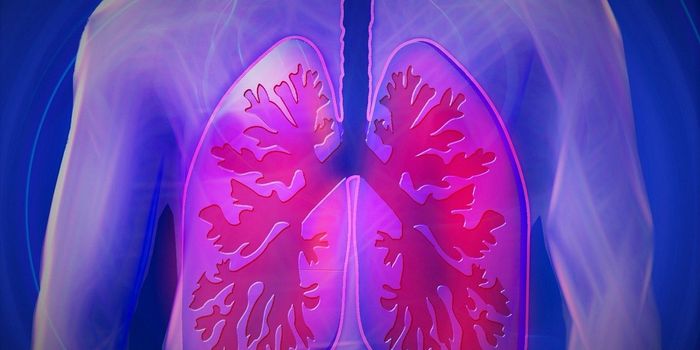Is your tree nut allergy diagnosis legitimate?
An allergist might recommend to their patients to avoid all tree nuts even if they are only allergic to a specific type, as a result of positive blood or skin prick tests. However, a new study suggests that this recommendation made by doctors to avoid all tree nuts as a precaution may be unwarranted.
Tree nuts include walnuts, almonds, hazelnuts, cashews, pistachios, and Brazil nuts but not peanuts, which are considered to be legumes, or seeds like sunflower and sesame. However, doctors might still recommend avoiding peanuts and seeds if a person has a tree nut allergy because of their high likelihood of coming into contact with tree nuts at some point during processing.
It is very common for a person with one type of tree nut allergy to also be sensitive to other types of tree nuts, but the recent study suggests that this sensitivity does not always translate to a serious allergy requiring a person to eliminate all tree nuts from their diet.
For example, in a study of 109 people with one diagnosed tree nut allergy who also tested positive to blood and skin prick tests for other tree nuts, researchers saw that over 50 percent of them nonetheless successfully passed an oral food challenge, showing no reaction to tree nuts not included in their original allergy diagnosis.
"Too often, people are told they're allergic to tree nuts based on a blood or skin prick test," said lead author of the study, Christopher Couch, MD, a member of the American College of Allergy, Asthma and Immunology (ACAAI). "They take the results at face value and stop eating all tree nuts when they might not actually be allergic.”
Couch and other experts from the ACAAI consider oral food challenges to be the most accurate method of diagnosing a food allergy, more accurate than a blood or skin prick test.
"We found even a large-sized skin test or elevated blood allergy test is not enough by itself to accurately diagnose a tree nut allergy if the person has never eaten that nut,” explained co-author and ACAAI member Matthew Greenhawt, MD. “Tree nut allergy should only be diagnosed if there is both a positive test and a history of developing symptoms after eating that tree nut."
Allergic responses to tree nuts of all types stem from an immune reaction to proteins in the nut, often seed storage proteins, plant defense related proteins, and profilins. Like other food allergies, consumption of tree nuts when one is allergic can cause abdominal pain, nausea and vomiting, difficulty breathing, and, in the worst case, anaphylaxis. This is the most serious response to allergy that can send a person into shock, which can lead to death if no medical intervention, like epinephrine, is administered.
It is estimated that nearly a tenth of all children diagnosed with a tree nut allergy will eventually outgrow it. And for the mean time, a careful, professionally-administered oral food challenge might help people know whether they should really avoid all tree nuts after all.
The present study was published in the journal Annals of Allergy, Asthma and Immunology.
Sources: Food Allergy Research & Education, University of Nebraska-Lincoln Food Allergy Research and Resource Program, Healthline, American College of Allergy, Asthma and Immunology









